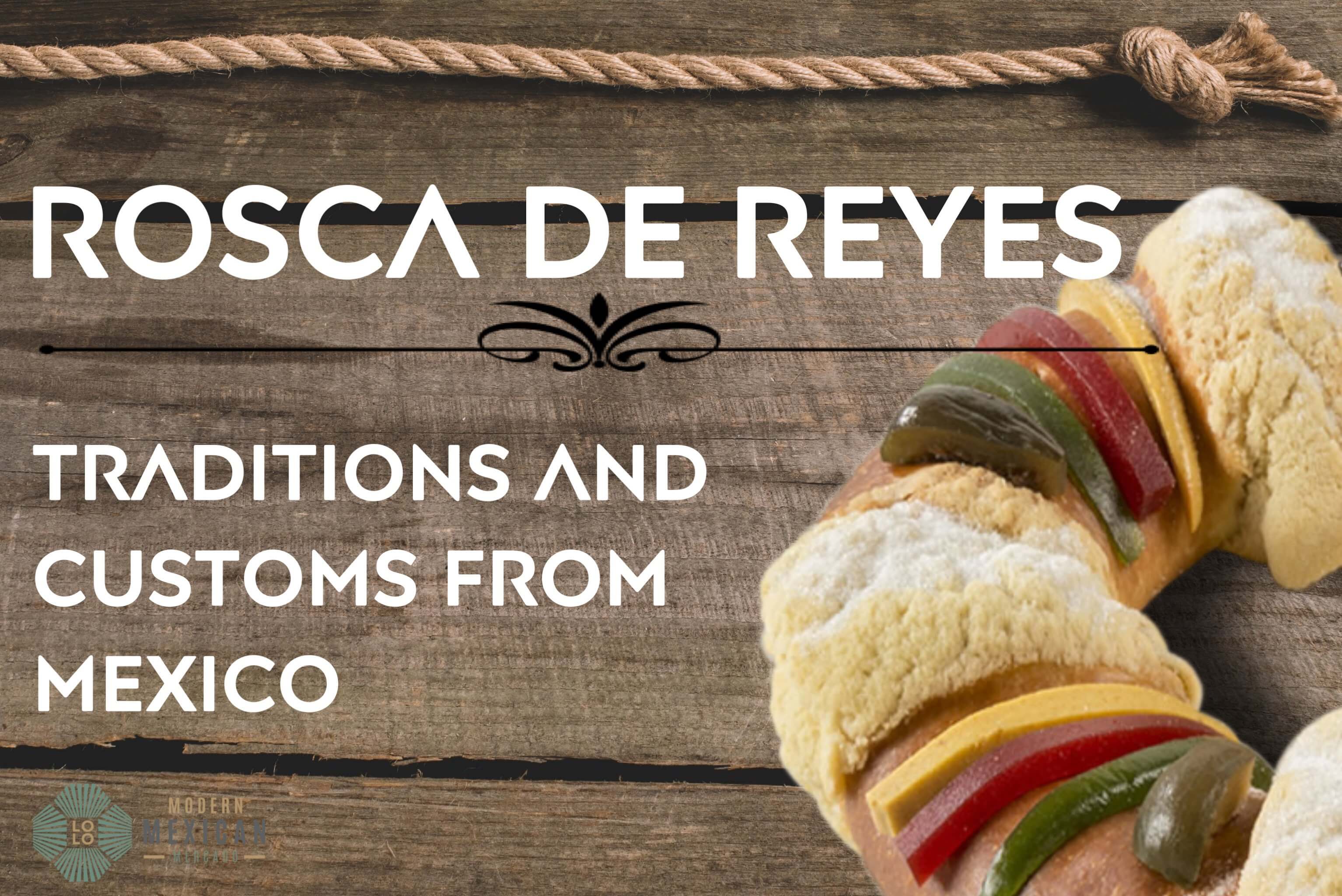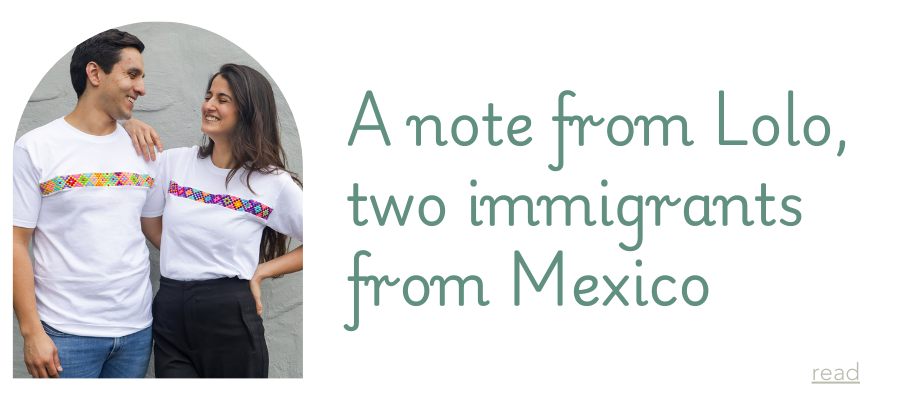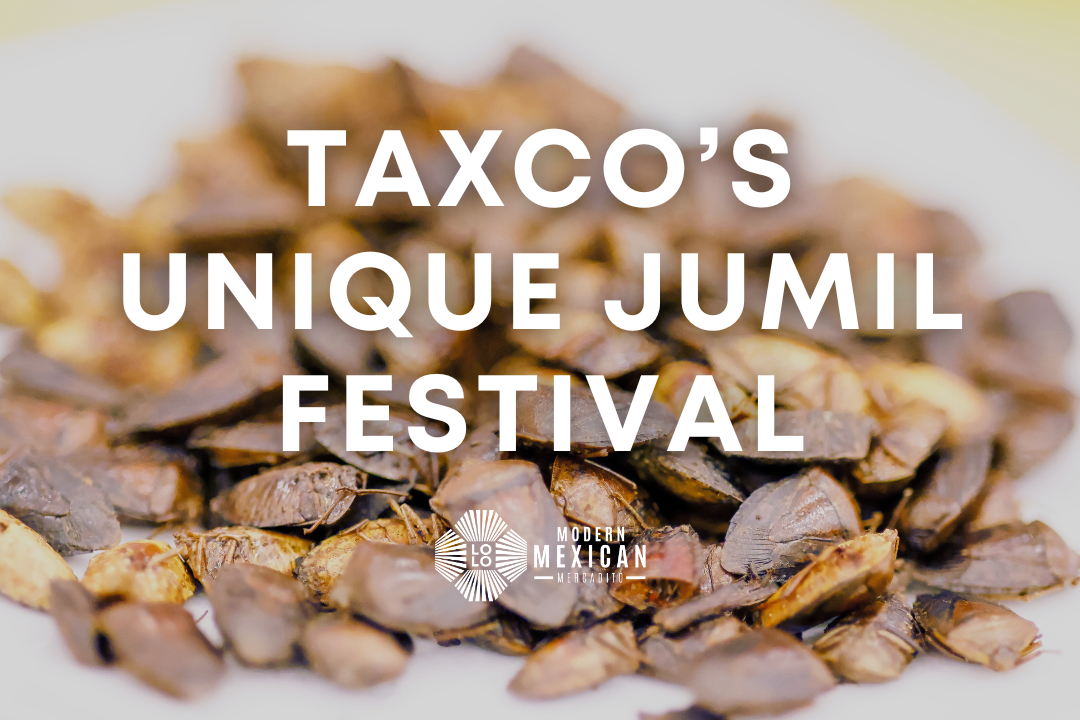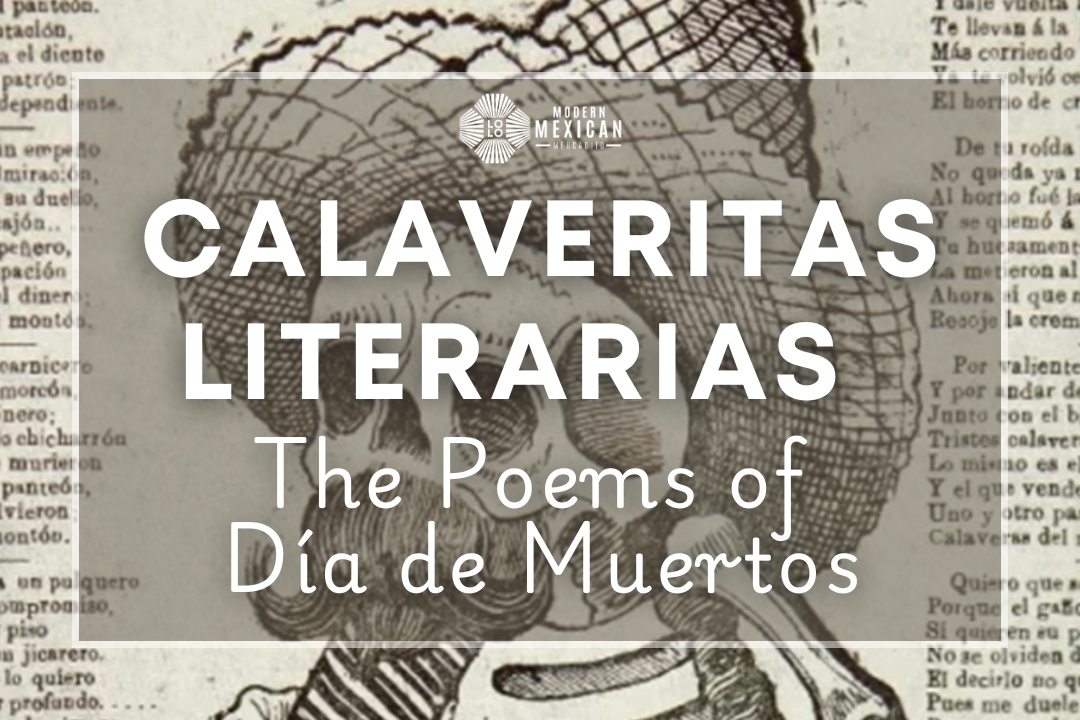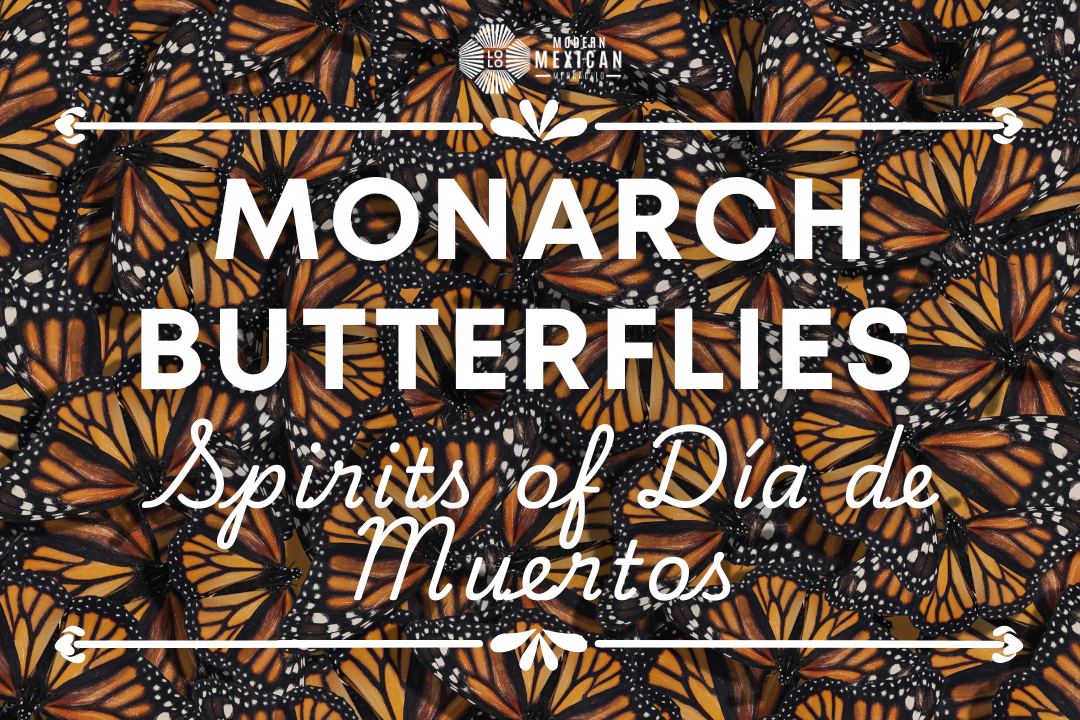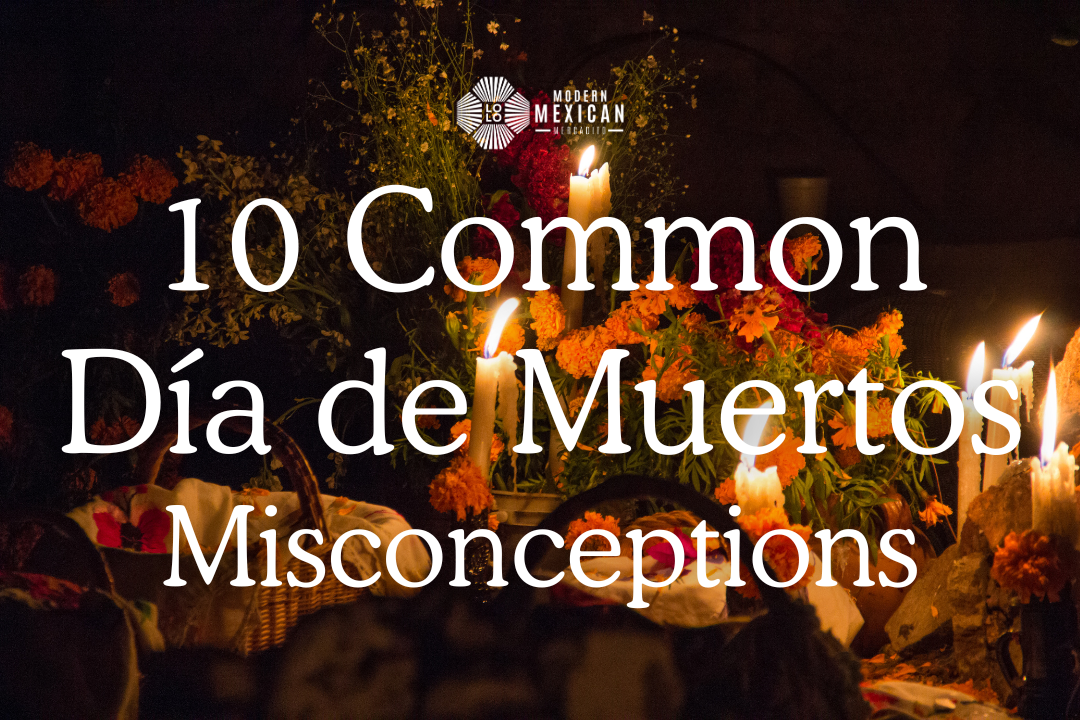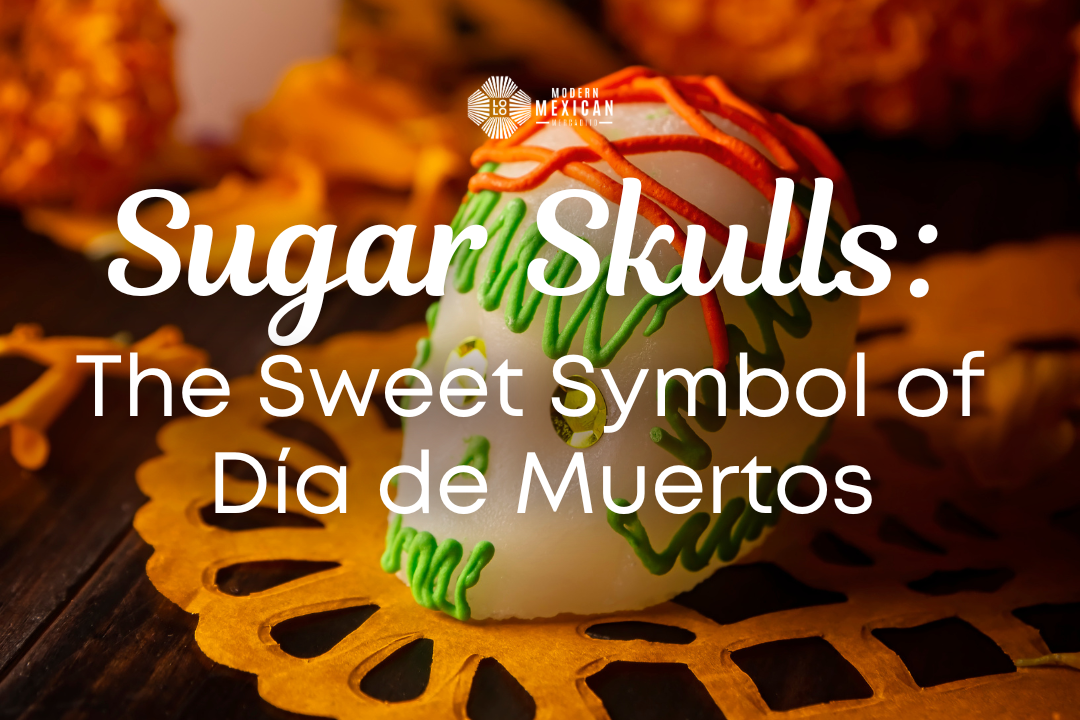We can imagine how some of you have started the year already and are past December holidays. However, Mexico still have some days left to celebrate. Today, January 6th is known as Día de Los Tres Reyes Magos, or Three Kings Day. In Mexico this is (almost) the last day of celebrating holidays and is also traditional to spend it surrounded with friends and family and a table full of food, specifically a delicious rosca de reyes.
The Día de Reyes and, with it, the rosca de reyes takes its name after the biblical figure of the Three Wise Men and it is celebrated on January 6th after Epiphany, in Western Christianity the day in which Magi announced God reincarnated as Jesus Christ. A hidden Baby Jesus is part of the elements behind the rosca de reyes, and it is to represent the Holy Family fleeing from King Herod. Due to its Catholic background and history of Spanish colonization, Mexico (a well as many other Latin American countries with a similar history behind them) celebrate this day, some more than Christmas. Similar to the expectation of Santa Claus, it is tradition for many children in Mexico to receive presents from the Three Wise Men the night of January 5th. They leave a shoe under the tree or outside their home, as well as water and hay outside the house for the King's animals, and wake up to their presents the morning afterwards. Although Santa Claus and Christmas have grown in popularity and are the most common gifts nowadays, this tradition is maintained across many regions and celebrations have not decreased.
Even tough it has a Christian religious history behind it and with its origins in Spain, Día de Reyes in Mexico is more about the warmth brought on by getting together as a family during these festivities. That is the reason why all people in Mexico and/or of Mexican descent around the world are familiar with the tradition behind the rosca de reyes and how hiding the Baby Jesus figurine implicates more togetherness.
 Rosca de Reyes and Baby Jesus Figurine that is hidden inside the bread. (Espiga Mix)
Rosca de Reyes and Baby Jesus Figurine that is hidden inside the bread. (Espiga Mix)
This rosca de reyes, similar to a king cake, is a sweet bread shaped in an oval to represent the crown worn by the biblical Wise Men. It is made with sugar and dried, candied fruit to represent the jewels in their crown. All roscas in Mexico come with a plastic or ceramic Baby Jesus figurine (some with more than one!) hidden inside the bread.
The tradition when getting together for sharing this rosca is that each person has to cut their own slice, from whichever part they prefer, and they can get the figurine hidden in their piece. The person who finds it is said to be of good luck and blessed but it is also in charge of hosting a party for Día de la Candelaria, or Candlemass, on February 2nd and, if a religious person, go to Church to present their Baby Jesus. In this party (or if no party can be hosted at their place) there should be tamales and it is officially the last day of December Holidays.
People in Mexico and of Mexican descent love sharing rosca so much that some tend to go to more than one gathering, house to house, cutting their own slice and tempting luck to see if they will get to bring the tamales next month!
This year given that social distancing is being practiced, many people in Mexico and of Mexican descent who follow this tradition are sending individual roscas to their loved ones, rather than cutting a large one together. Here at Lolo we are reminiscing of being able to be a part of this tradition again with our loved ones and wish to be able to share a rosca de reyes eventually with all of you! Here is a good recipe from Mexico in my Kitchen on how to make your own rosca de reyes.
Tell us, would you like us to gather our own recipe for this delicacy? Would you like us to share more traditions like this one? Did you get to share a rosca this year? If so, we would love to see it so feel free to tag us on our social media accounts.
If you would like to pair your rosca with a delicious coffee, you can order your Mexican coffee from Café Punta del Cielo here! Or, are you thinking of getting yourself a Día de Reyes present? Check out our newest arrivals here!

